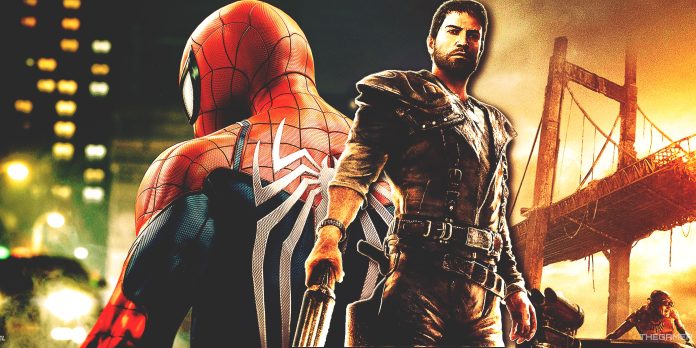People have a lot of nostalgia for licensed video games, the sort of titles that were cheap and intentionally tied in with recently released movies and television shows back in the older console generations. Some of them were very bad: Superman 64, Terminator Salvation, and that E.T. game on the Atari, for example. Others, like Rare’s GoldenEye, are considered not just great tie-ins, but great games that changed the industry forever, period.
You don’t get licensed games like this anymore, but that doesn’t stop people from craving them. The thing is, licensed video games never went away. People say they have, but they mean the small-budget, near-immediate, directly-inspired-by-movies-that-just-came-out kind of game. If anything, they’ve taken over the world.
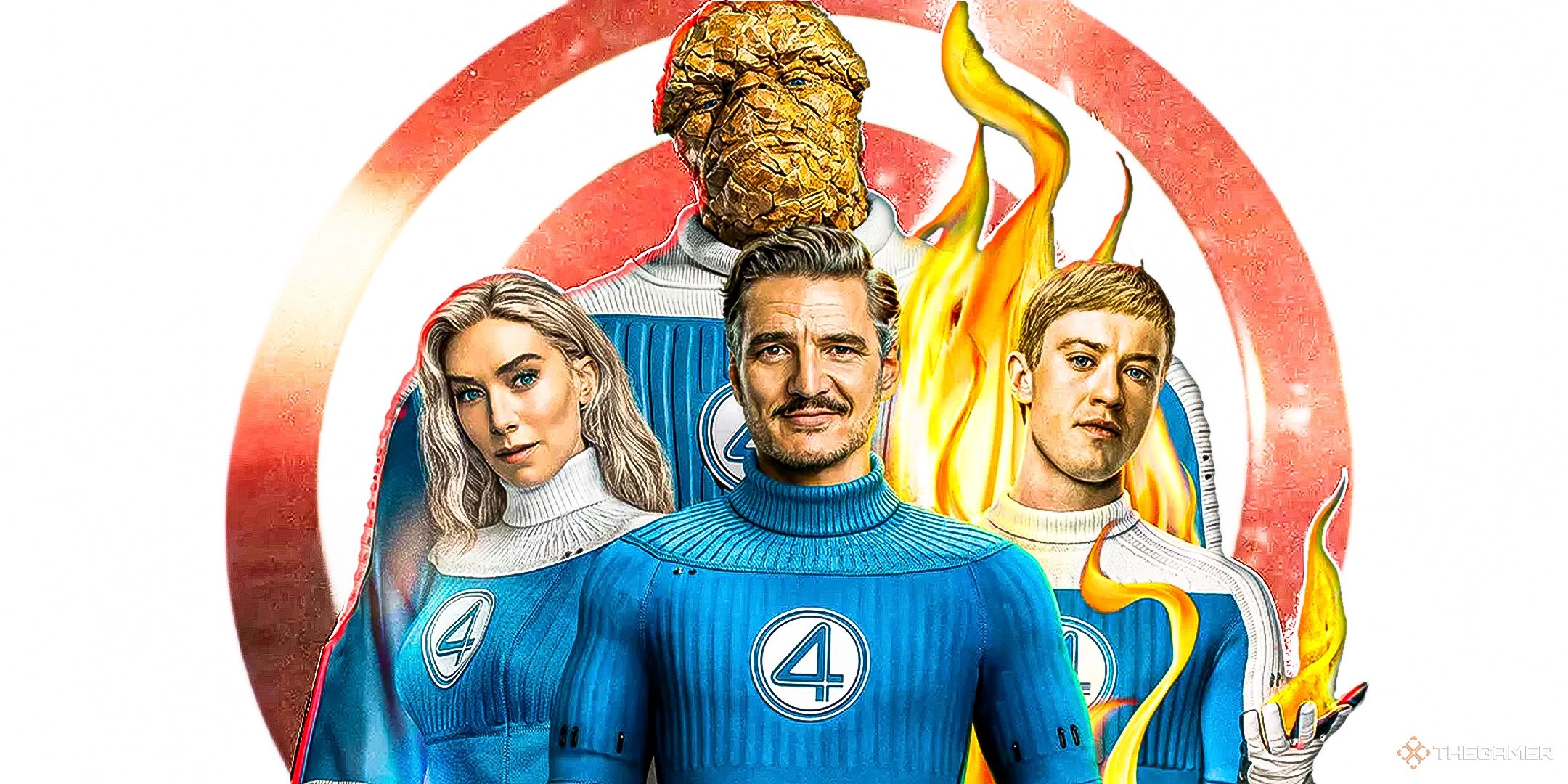
Related
The Fantastic Four: First Steps Is Fantastic, Just Not Enough To Carry The MCU
First Steps was a great film, but putting the Fantastic Four alongside other characters will just make everything great about them disappear.
Everything Is A Licenced Game Now
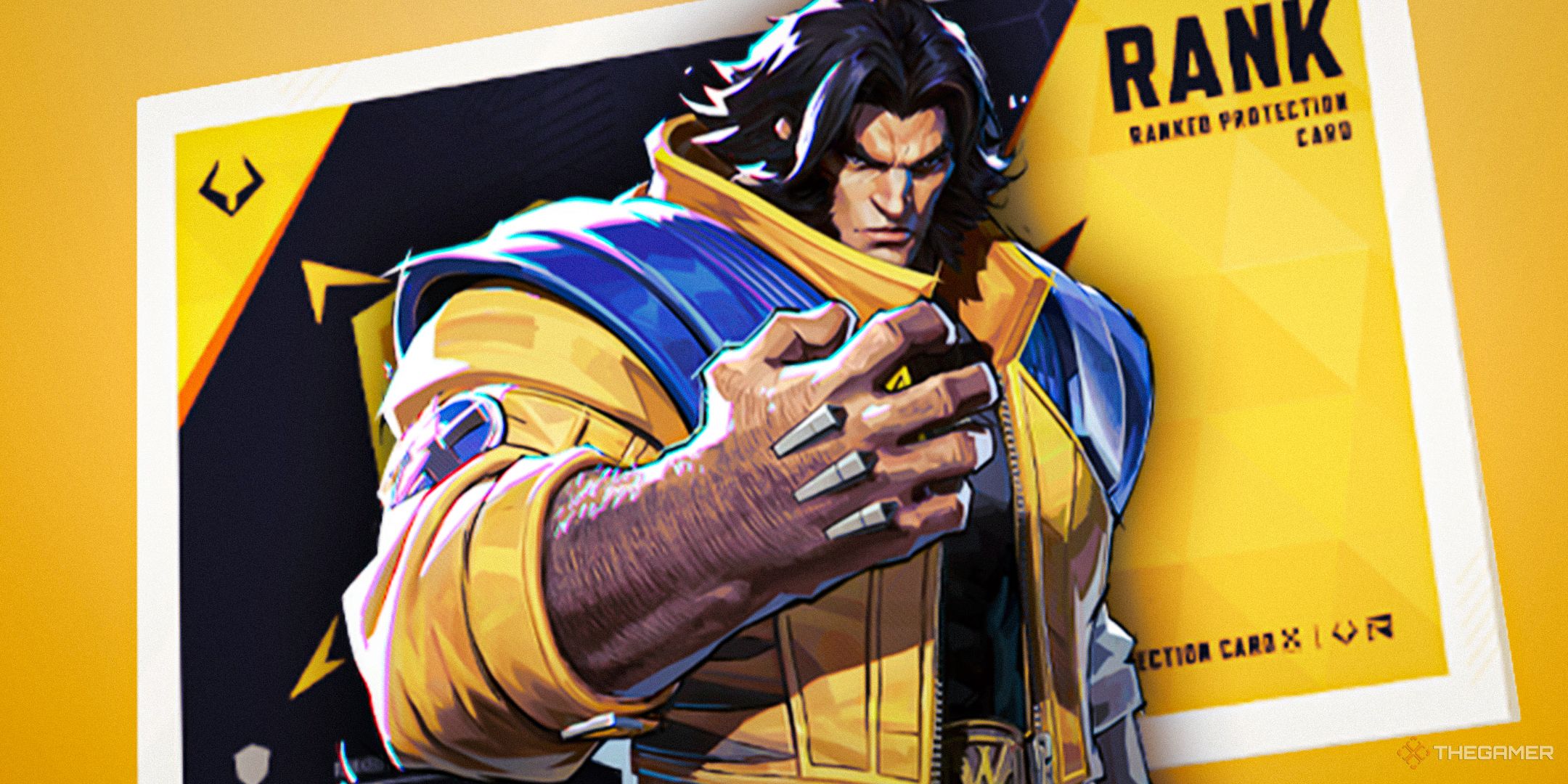
The biggest cinematic franchise in the world, the Marvel Cinematic Universe, has its fingers in every gaming pie imaginable. Sure, Marvel Rivals is more comic-based than directly influenced by movies, but the Marvel IP is only so valuable now because the MCU dominated mainstream cinema for a good decade. Alongside Rivals is the now discontinued Marvel’s Avengers, Spider-Man, Guardians of the Galaxy, Midnight Suns, and the upcoming Blade, Wolverine, Marvel 1943: Rise of Hydra, and even a new Iron Man game – different from the licensed title based on his first movie. That’s before you take into account Marvel Snap and Marvel Mystic Mayhem.
DC, too, has its share of offerings. Rocksteady’s Batman Arkham games are legendary, obviously, but there’s also been two Batman Telltale series, Gotham Knights, Suicide Squad: Kill the Justice League, and Injustice. It’s also inexplicably hiring for another DC live-service game, because no corporation ever learns from its mistakes, I suppose.
Yes, I can already sense you scrolling to the comment section to complain that comic franchises don’t count as real tie-ins. I’ll concede that the comics influence these games more than the movies do, but you cannot convince me that anybody would have given a flying bat about the Suicide Squad if Margot Robbie hadn’t starred in a movie about them. Fine, we’ll look at other examples.
I know The Walking Dead is also a comic, but come on.
There was a popular Friday the 13th game, and another on the way. There have been a whole slew of Harry Potter games. There’s a Bond game coming from IO Interactive. There are Star Wars games out the wazoo, Lord of the Rings games, South Park games, a Mad Max game, and Avatar: Frontiers of Pandora. Bithell Games alone has published two Tron games and a John Wick game. Also, Alien Isolation. Oh, and Rebel Moon. There’s even been a Barbarian game announced, and Barbarian isn’t even a franchise; it’s just one film.
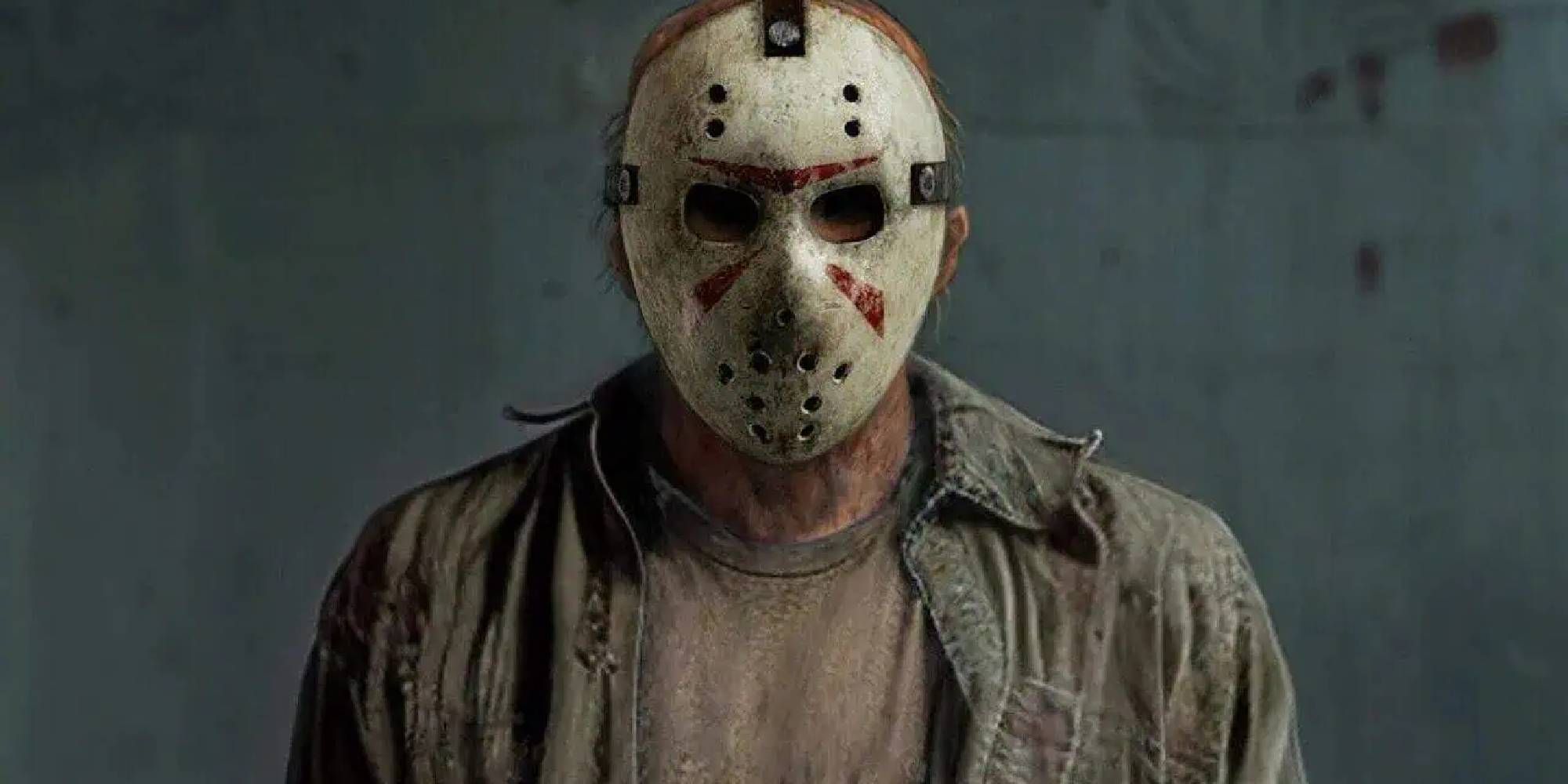
Related
Jason Voorhees’ Big Reintroduction Appears To Be An Apple Cider Commercial
Jason Voorhees returns to film this year for the first time in 16 years with a short sponsored by Angry Orchard.
Everything Is A Franchise Now
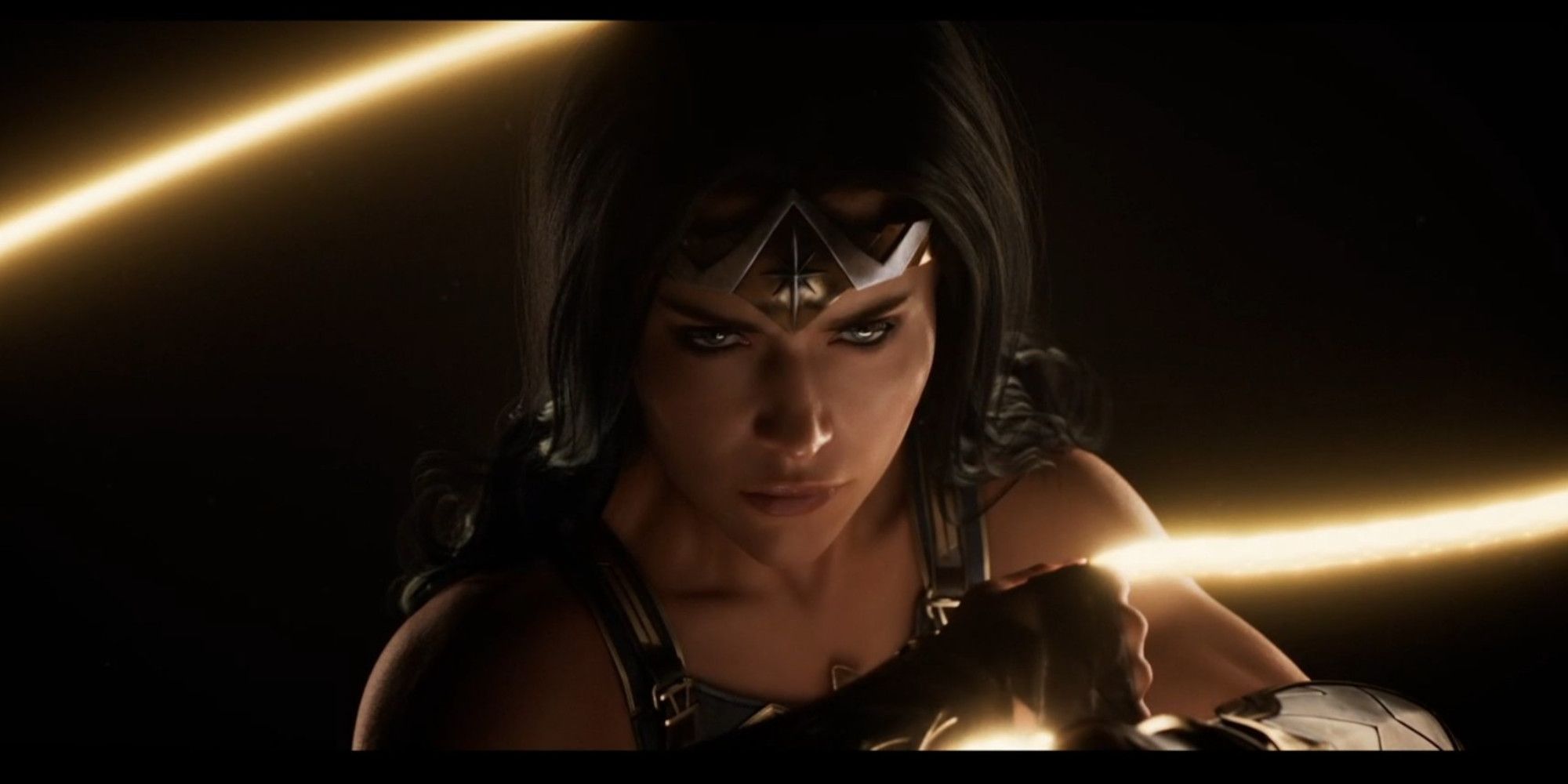
I have collated this hefty and still somehow woefully incomplete list to prove that licensed games not only never disappeared, they’ve taken over. What we’ve seen over the last decade or so is games getting more expensive to make and companies growing more and more afraid to take risks. Basing games on popular IP – movies, television shows, and yes, comic books – is a surefire way to ensure you at least get some attention from existing fans.
But it’s this same attitude that’s closing studios and cancelling games. Licensing fees are astonishingly expensive – according to Bloomberg, the 2023 Insomniac leak revealed that “Insomniac and Marvel’s licensing commitment is as high as $621 million to develop and market the X-Men games by 2035”, which includes the Wolverine game and Spider-Man 3. It’s not hard to understand why studios who are deemed unable to meet these absurdly high benchmarks have their games cancelled and are shut down after years of development, like Cliffhanger Games’ Black Panther game and Monolith’s Wonder Woman game.
Licensing isn’t just present; it’s a shockingly prevalent business model. I wrote in 2023 that I was tired of remakes, reboots, and the same IP we’ve seen over and over again, and things certainly haven’t gotten any better. Everything is a franchise or aspiring to be, and so everything is a tie-in. Is it sustainable? Of course not, but big publishers are too scared to make anything original lest it fall flat. I get the nostalgia for the tie-ins of the days of yore now – at least those failing didn’t bankrupt entire studios.
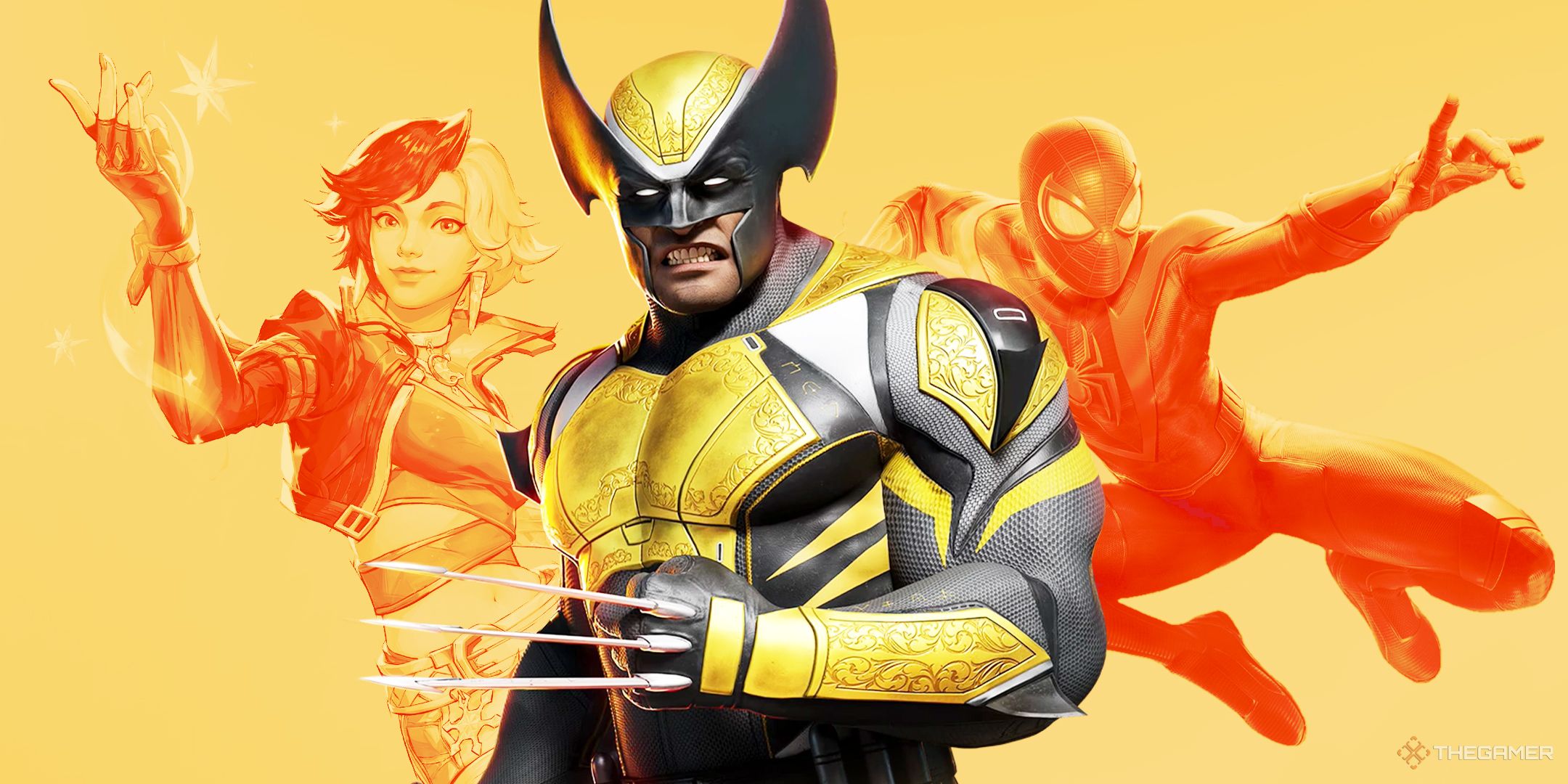
Next
A Marvel Gaming Universe Would Be My Worst Nightmare
Want to play a game? Play these five other games first.
